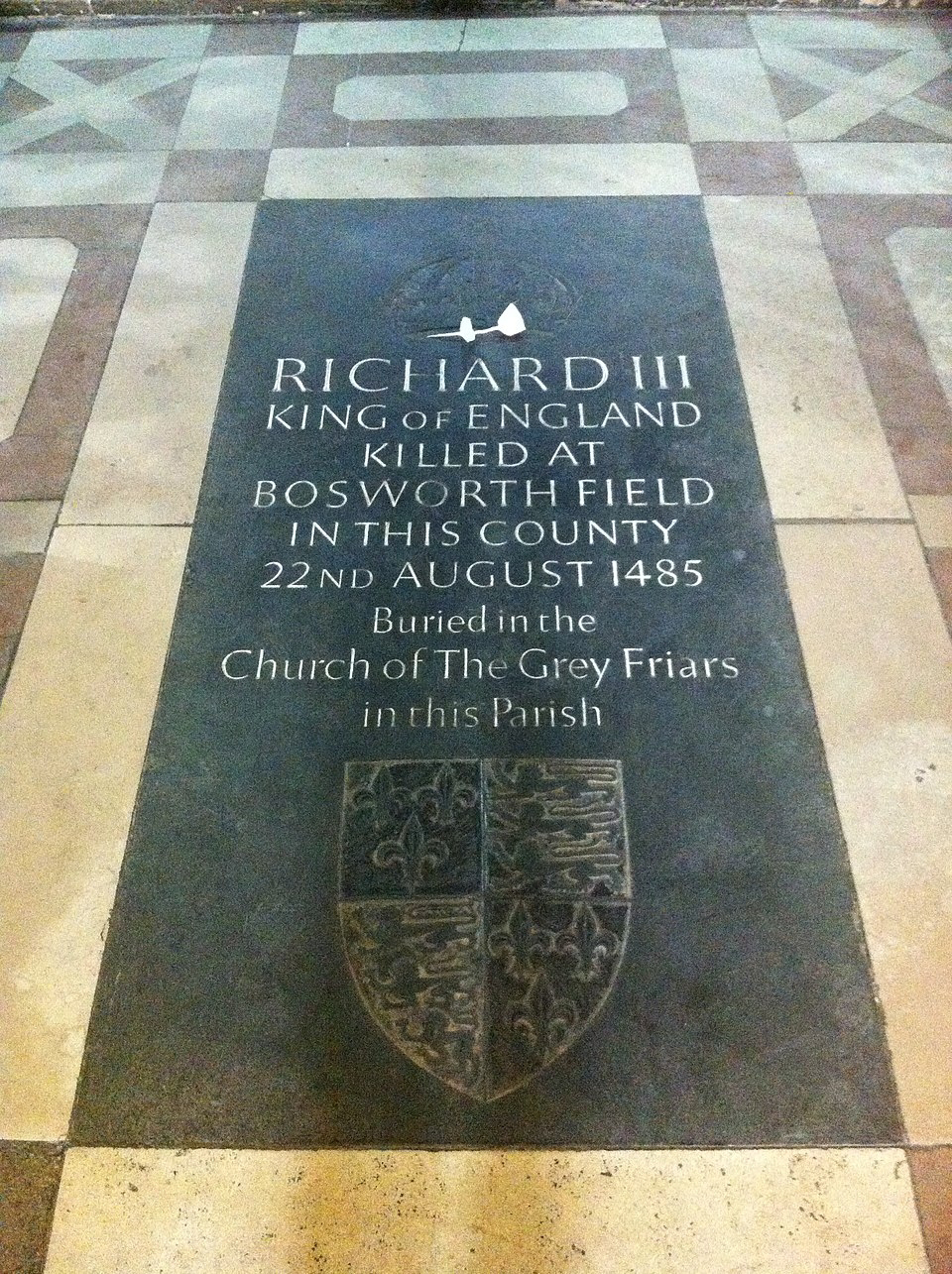Richard III: Overview.
Richard III: A Controversial King
Public Domain.
https://commons.m.wikimedia.org/wiki/File:King_Richard_III_cropped.png
Richard III was the last Plantagenet king of England and ruled for just over two years from 1483 until his death at the Battle of Bosworth Field in 1485. His reign, though brief, left an enduring legacy that has sparked debate for centuries. Richard was born on the 2nd of October 1452, at Fotheringhay Castle in Northamptonshire. He was the youngest son of Richard, Duke of York, and Cecily Neville an English noblewoman. He played a significant role in the Wars of the Roses, a series of conflicts between the rival houses of Lancaster and York for control of the English throne. York was represented by a white rose and a red rose represented the house of Lancaster.
king Edward IV.
Public Domain.
After the death of his brother, King Edward IV, in 1483, Richard was appointed Lord Protector for Edward’s young son, Edward V. However, amid claims of illegitimacy against Edward’s children, Richard took the throne himself. Edward V and his younger brother, Richard, Duke of York, were confined to the Tower of London, where they mysteriously disappeared in 1483. Their fate remains one of the greatest mysteries in English history, and many have accused Richard of orchestrating their deaths to secure his claim. What do you think? Did he have the two boys murdered?
The Princes in the Tower.
https://commons.wikimedia.org/wiki/File:The_Princes_in_the_Tower_by_John_Everett_Millais_(1878).png
Public Domain.
This question has been asked by many historians over the years. The mystery and questioning only increased on 17th July 1674 when workmen discovered two skeletons hidden at the tower. Many beleived they were the princes aged only twelve and nine at the time of their disappearance. The 1400s were a very grusome time, and monarchy was built on murder and deceipt. There is a strong possiblity that the remains are those of the two boys and that their uncle who was supposed to be their protector had them murdered (because he would not get his hands dirty himself). He knew he was next in line after the two boys, he knew they were vulnerable after their fathers death, but did he? I`m leaning towards a yes, based on all the circumstantial evidence, but will we ever know definitively? I doubt it.
His reputation was overshadowed by allegations of treachery and murder, and William Shakespeare’s play Richard III immortalized him as a villainous, power-hungry monarch, further cementing his negative image. He was portrayed and a hunchback and the discovery of his burial place in Leicester has proved that yes he suffered with a curvature of the spine, it was in no way as extreme a that described and played out in the theatre. This is yet another way in which his reputation has been tarnished. this does make me wonder if our belief in him as the person behind the missing princes has been, in many ways influenced.
Richard’s reign was marked by both progressive reforms and brutal power struggles. He implemented legal reforms aimed at improving the fairness of the justice system particularly for the poor and he made efforts to protect the rights of the common people. He also established the first council in the north in 1484, to improve access to justice. Richard had strong support from northern nobles, where he spent much of his earlier life as Duke of Gloucester. You could say he attempted to bridge the North, South divide, something politicians are still trying to accomplish today.
In 1485, Richard faced a formidable challenge from Henry Tudor, a Lancastrian claimant to the throne. Their armies clashed at the Battle of Bosworth Field, where Richard was killed, marking the end of the Plantagenet dynasty and the beginning of the Tudor era. His death ushered in Henry VII’s reign, which brought relative stability to England after decades of civil war. I will be going in to more detail about the Battle of Boswoth in my next blog.
For centuries, Richard III’s reputation was marred by propaganda from the victorious Tudors. However, recent discoveries, including the 2012 unearthing of his remains in a Leicester car park, have prompted a reevaluation of his legacy. Modern historians continue to debate whether Richard was a ruthless usurper or a capable ruler whose image was distorted by his enemies, or could it be that he was infact both. Being a capable king doesn`t negate his ability to be ruthless. Regardless of the controversy, Richard III remains one of England’s most fascinating and enigmatic monarchs.
Share your views below.
https://commons.m.wikimedia.org/wiki/File:Memorial_to_King_Richard_III_of_England_in_Leicester_Cathedral.jpg#mw-jump-to-license








No comments:
Post a Comment